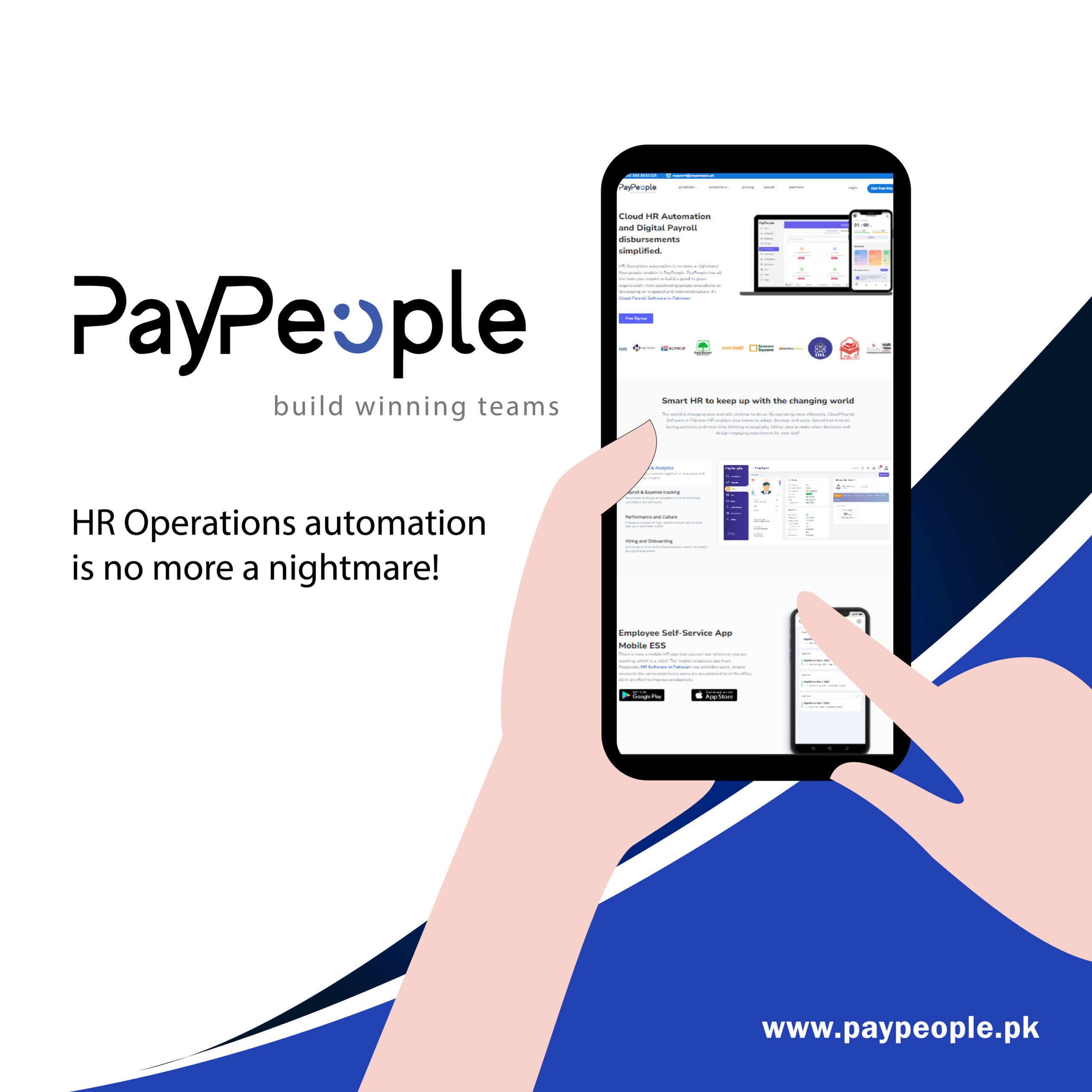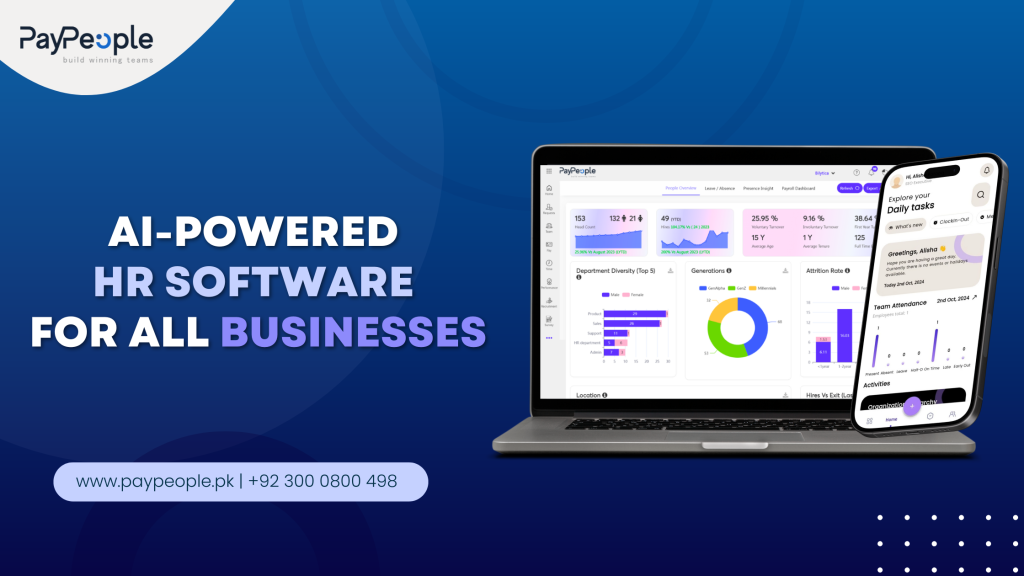Paypeople # 1 is one of the top professional development plan in Pakistan and is a strategic investment in one’s career growth and skill enhancement. Developing a robust plan is just the first step; assessing progress and success is equally crucial. In this discourse, we will delve into the intricacies of measuring progress and success in implementing a professional development plan.
Click to Start Whatsapp Chat with Sales
Call #:+923000507555
Email: sales@Paypeople.pk
Paypeople # 1 professional development plan

Setting Clear Objectives
The foundation of any effective measurement lies in establishing clear and specific objectives. Begin by outlining your professional development plan, both short-term and long-term, and break them down into smaller, manageable tasks. For instance, if your goal is to enhance your project management skills, your objectives could include completing relevant courses, applying new methodologies in real projects, and obtaining relevant certifications.
Quantifiable Metrics
To measure progress and success, it is essential to identify quantifiable metrics aligned with your objectives. These metrics act as benchmarks, providing tangible evidence of your development. For example, if you aim to improve your leadership skills, metrics might include the number of successful team projects, positive feedback from team members, or an increase in leadership responsibilities.
Regular Self-Assessment
Engage in regular self-assessment to reflect on your development journey. Consider creating a checklist or journal to track completed tasks, acquired skills, and challenges faced. This process allows you to recognize areas where improvement is needed and celebrate achievements, fostering a sense of accomplishment and motivation.
Feedback Mechanisms
Incorporate feedback mechanisms into your professional development plan to gain external perspectives. Seek feedback from colleagues, mentors, and supervisors. Constructive criticism is invaluable for personal and professional growth. Construct surveys, conduct performance reviews, or simply engage in open conversations to gather feedback on your progress. This external input can help you identify blind spots and refine your approach.

Key Performance Indicators
Identify key performance indicators that align with your HRIS systems. KPIs are quantifiable measures that indicate success in specific areas. For instance, if you are aiming to enhance your technical skills, KPIs could include completing a certain number of coding exercises, earning certifications, or successfully implementing new technologies in your projects.
Skill Mastery Assessments
For skill-based development, consider periodic assessments to gauge your mastery level. This could involve taking standardized tests, participating in simulations, or submitting project portfolios. Skill assessments provide an objective measure of your capabilities and help you pinpoint areas for improvement.
Networking and Collaboration
Success in professional development is often intertwined with networking and collaboration. Measure the expansion of your professional network, the quality of connections made, and the collaborative projects undertaken. Building a robust network and collaborating with diverse professionals can significantly contribute to your overall success.
Time Management and Progress Timelines
Develop a timeline for your Recruitment process with specific milestones and deadlines. Regularly evaluate your progress against this timeline to ensure you are on track. Assessing the correlation between planned and actual timelines provides insights into your time management skills and helps you make adjustments as needed.
Adaptability to Change
The ability to adapt to changing circumstances is a critical aspect of professional development. Measure your adaptability by evaluating how well you navigate unexpected challenges, embrace new opportunities, and adjust your plan when necessary. A flexible and adaptable approach is indicative of resilience and growth.
Celebrating Milestones
Recognize and celebrate milestones achieved along the way. This can include completing a challenging course, successfully leading a team project, or obtaining a certification. Celebrating milestones not only boosts morale but also serves as a reinforcement of your commitment to professional development.
Long-Term Impact
Consider the long-term impact of your professional development efforts. Assess how your acquired skills and experiences contribute to your overall career advancement. Track promotions, salary increases, or expanded responsibilities as indicators of the enduring impact of your development plan.
Conclusion
Measuring progress and success in implementing a professional development plan is a multifaceted process that requires a combination of self-reflection, external feedback, and quantifiable metrics. By setting clear objectives, establishing measurable benchmarks, and incorporating feedback mechanisms, you can effectively evaluate your journey. Remember that professional development is an ongoing process, and the insights gained from assessing your progress will inform future goals and strategies, ensuring a continuous cycle of growth and success in your career.
Click to Start Whatsapp Chat with Sales
Call #:+923000507555
Email: sales@Paypeople.pk
professional development plan
professional development plan
professional development plan
professional development plan
We are one of the best How to measure your progress in your professional development plan? Price in Pakistan in Azad Kashmir, Bagh, Bhimber, khuiratta, Kotli, Mangla, Mirpur, Muzaffarabad, Plandri, Rawalakot, Punch, Balochistan, Amir Chah, Bazdar, Bela, Bellpat, Bagh, Burj, Chagai, Chah Sandan, Chakku, Chaman, Chhatr, updated on 2025-07-19T07:09:22+05:00 Dalbandin, Dera BugtiBarcode Shop offer lowest How to measure your progress in your professional development plan? Price Face Recognition in cities Dhana Sar, Diwana, Duki, Dushi, Duzab, Gajar, Gandava, Garhi Khairo, Garruck, Ghazluna, Girdan, Gulistan, Gwadar, Gwash, Hab Chauki, Hameedabad, Harnai, Hinglaj, Hoshab, Ispikan, Jhal, Jhal Jhao, Jhatpat, Jiwani, Kalandi, Kalat, Kamararod, Kanak, Kandi, Kanpur, Kapip, KapparWe can deliver Face Recognition in Karodi, Katuri, Kharan, Khuzdar, Kikki, updated on 2025-07-19T07:09:22+05:00 Kohan, Kohlu, Korak, Lahri, Lasbela, Liari, Loralai, Mach, Mand, Manguchar, Mashki Chah, Maslti, Mastung, Mekhtar, Merui, Mianez, Murgha Kibzai, Musa Khel Bazar, Nagha Kalat, Nal, Naseerabad, Nauroz Kalat, Nur Gamma, Nushki, Nuttal, Ormara, Palantuk, Panjgur, Pasni, Piharak, Pishin, Qamruddin Karez, Qila Abdullah, Qila Ladgasht and this was updated on 2025-07-19T07:09:22+05:00 We also deal with How to measure your progress in your professional development plan? Price in Qila Safed, Qila Saifullah, Quetta, Rakhni, Robat Thana, Rodkhan, Saindak, Sanjawi, Saruna, Shabaz Kalat, Shahpur, Sharam Jogizai, Shingar, Shorap, Sibi, Sonmiani, Spezand, Spintangi, Sui, Suntsar, Surab, Thalo, Tump, Turbat, Umarao, pirMahal, Uthal, Vitakri, Wadh, Washap, Wasjuk, Yakmach, Zhob, Federally Administered Northern Areas/FANAWe are already sent Face Recognition to these places – Astor, updated on 2025-07-19T07:09:22+05:00 Baramula, Hunza, Gilgit, Nagar, Skardu, Shangrila, Shandur, Federally Administered Tribal Areas/FATA, Bajaur, Hangu, Malakand, Miram Shah, Mohmand, Khyber, Kurram, North Waziristan, South Waziristan, Wana, NWFP, Abbottabad, Ayubia, Adezai, Banda Daud Shah, Bannu, Batagram, Birote, Buner, Chakdara, Charsadda, Chitral, Dargai, Darya Khan, Dera Ismail Khan and this was updated on 2025-07-19T07:09:22+05:00 we are planning to open a branch office of in Drasan, Drosh, Hangu, Haripur, Kalam, Karak, Khanaspur, Kohat, Kohistan, Lakki Marwat, Latamber, Lower Dir, Madyan, Malakand, Mansehra, Mardan, updated on 2025-07-19T07:09:22+05:00 Mastuj, Mongora, Nowshera, Paharpur, Peshawar, Saidu Sharif, Shangla, Sakesar, Swabi, Swat, Tangi, Tank, Thall, Tordher, Upper Dir, Punjab, Ahmedpur East, Ahmed Nager Chatha, Ali Pur, Arifwala, Attock, Basti Malook, BhagalchurFace Recognition in Bhalwal, Bahawalnagar, Bahawalpur, Bhaipheru, Bhakkar, Burewala, Chailianwala, Chakwal, Chichawatni, Chiniot, Chowk Azam, Chowk Sarwar Shaheed, Daska, Darya Khan, Dera Ghazi Khan, Derawar Fort, updated on 2025-07-19T07:09:22+05:00 Dhaular, Dina City, Dinga, Dipalpur, Faisalabad, Fateh Jang, Gadar, Ghakhar MandiFace Recognition How to measure your progress in your professional development plan? Price s Demands very high in Gujranwala, Gujrat, Gujar Khan, Hafizabad, Haroonabad, Hasilpur, Haveli Lakha, Jampur, Jhang, Jhelum, Kalabagh, Karor Lal Esan, Kasur, Kamalia, Kamokey, Khanewal, Khanpur, Kharian, Khushab, Kot Addu, Jahania, Jalla Araain, Jauharabad, Laar, Lahore, Lalamusa, Layyah, Lodhran, Mamoori, Mandi Bahauddin, Makhdoom Aali, Mandi Warburton, Mailsi, Mian Channu, Minawala, Mianwali, Multan, Murree, Muridke, Muzaffargarh, Narowal, Okara, Renala Khurd, Rajan Pur, Pak Pattan, Panjgur and this was updated on 2025-07-19T07:09:22+05:00 and current How to measure your progress in your professional development plan? Price of is Rs 100 in Pattoki, Pirmahal, Qila Didar Singh, Rabwah, Raiwind, Rajan Pur, Rahim Yar Khan, Rawalpindi, Rohri, Sadiqabad, Safdar Abad – (Dhaban Singh), Sahiwal, Sangla Hill, Samberial, Sarai Alamgir, Sargodha, Shakargarh, Shafqat Shaheed Chowk, Sheikhupura, Sialkot, Sohawa, Sooianwala, Sundar (city), Talagang, Tarbela, Takhtbai, Taxila, Toba Tek Singh, Vehari, Wah Cantonment, Wazirabad and this was updated on 2025-07-19T07:09:22+05:00 Software solutions are widely available with Price updated on 2025-07-19T07:09:22+05:00 in Sindh, Ali Bandar, Baden, Chachro, Dadu, Digri, Diplo, Dokri, Gadra, Ghanian, Ghauspur, Ghotki, Hala, Hyderabad, Islamkot, Jacobabad, Jamesabad, Jamshoro, Janghar, Jati (Mughalbhin), Jhudo, Jungshahi, Kandiaro, Lahore, Kashmor, Keti Bandar, Khairpur, updated on 2025-07-19T07:09:22+05:00 Khora, Klupro, Khokhropur, Korangi, Kotri, Kot Sarae, Larkana, Lund, Mathi, Matiari, Mehar, Mirpur Batoro, Mirpur Khas, Mirpur Sakro, updated on 2025-07-19T07:09:22+05:00 Mithi, MithaniThe Barcode Shop deliver high quality Face Recognition in updated on 2025-07-19T07:09:22+05:00 Moro, Nagar Parkar, Naushara, Naudero, Noushero Feroz, Nawabshah, Nazimabad, Naokot, Pendoo, Pokran, Qambar, Qazi Ahmad, Ranipur, Ratodero, Rohri, Saidu Sharif, Sakrand, Sanghar, Shadadkhot, Shahbandar, Shahdadpur, Shahpur Chakar, Shikarpur, Sujawal, Sukkur, Tando Adam, Tando Allahyar, Tando Bago, Tar Ahamd Rind, Thatta, Tujal, Umarkot, Veirwaro, Warah and this was updated on 2025-07-19T07:09:22+05:00
15-1-2024


